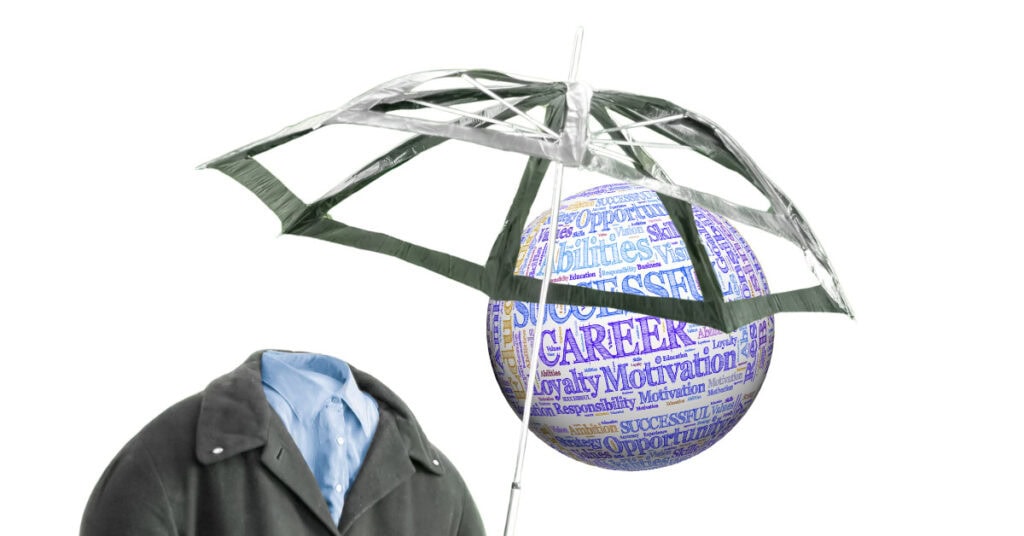Don't Cry Wolf on Facebook or Social Media!

Photo by sammydavisdog
We have more tools than ever before in history to communicate our value and connect with others. But we don’t always use them correctly and that can have disastrous results to our job search or business marketing strategy.
Consequences of using wrongly social media in the job search
- I asked: Could these 3 Facebook No-Nos make you lose your job?
- One of my most popular posts asks: Jobseeker, are you invoking the law of Subtraction?
- And in Have you Googled Yourself Lately? I remind you that employers do.
- And we touched on it in 5 Reasons to Check your Attitude.
Red Riding Hood had her own issues with wolves but the boy who cried wolf is what I want to talk about today. What happens to your own well-cultivated network when you “cry wolf?” In the story of the Boy who cried wolf, people stop believing him. He initially thought it was fun to get the villagers all excited and have them come running when he cried wolf but the end result was that when a real wolf attacked the flock, he was left to try to defend the flock of sheep by himself because they didn’t believe him.
Using Facebook as a text messenger
Some people tend to use Facebook as a text messenger, letting their whole network know whenever they need help with something. The difference is that Facebook stays there unless you hit delete to your posts and even then you don’t know how many people read whatever you said or complained about before it was deleted.
Mobile phones make it easier to post on Facebook when you are overtired or perhaps have been drinking. You may not realize the impact your chronic complaints or pleas for help have on your network.
Carry this through to Twitter and other social media and you start hurting your credibility and reduce the desire your connections may have to help you. Your goal in using social media in your job search (and all of this also applies to entrepreneurs and those fully employed) is to build positive networks willing to help you if you need help.
The turnabout is, of course, also true. You need to willing to help others when they have needs. But assuming you already get the concept of nurturing a network and cultivating it by sowing seeds of helpfulness, then you need to also be careful of whining in public, labeling groups of people, calling people out, or in general, continually looking negative in your status updates.
Make some changes in how you update your status
Take a moment today and look at what you said in your stream recently. Start by deleting anything you wish you hadn’t said and then resolve to think before you post, tweet, or blog.
4 Comments
Resume Design and Job Seeking Tips
Here are Design Resumes' latest articles on job search, resume design, resume writing, and Linkedin optimization articles I've written.
Julie Walraven
Professional Resume Writer
Here are ways I can help you land your dream job.
You may be halfway across the country or the world. When you work with me, we share coffee, laughs, and concerns. This turns the scary job search into creative, consultative writing and learning sessions.





Good reminders of how we should conduct ourselves online. Even though we do feel we should be able to do or say what ever we want, we have to remember we are our brand. It is only each of us to represent ourselves and an employer can decide in a moment to remove our resume from their stack. Their choice, their opinion and their right.
Exactly, Kimba. You also want to leverage your network and not alienate them. SO you need to be careful what you say.
The other day I read an interesting column is kind of related to the topic you’re writing about: http://www.huffingtonpost.com/joe-robinson/social-network_b_816108.html The basic sentiment of the column is that social networking may be eroding real-life relationships.
I’m sure many can relate to this… You call someone about something important, get their voicemail and leave an urgent message. Later, that person texts or emails you, or worse, posts to your online social network instead of picking up the phone to respond.
Yes, our lives are all very busy, but I’ve seen it happen to many folks — once real-life relationships degrade into characters on a screen.
Rather than checking our social networks and inboxes to see what is happening in the lives of our friends and family, perhaps we should all pick up the phone or pay a visit more often.
I think it depends on the friends you create. I have some conversations on FB or Twitter but many of those I move to Skype or my phone. I think you need to assess the balance of your urgencies and see if you are always asking for help or worse complaining even in those phone messages. People generally are willing to help but you have to create a balance for them. Constant negativity will end individuals willingness to help.